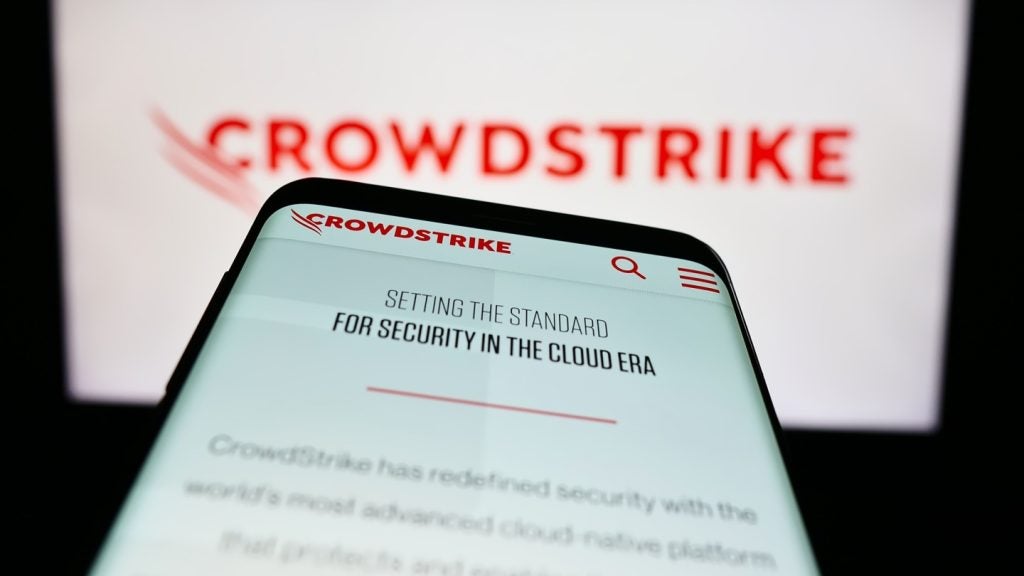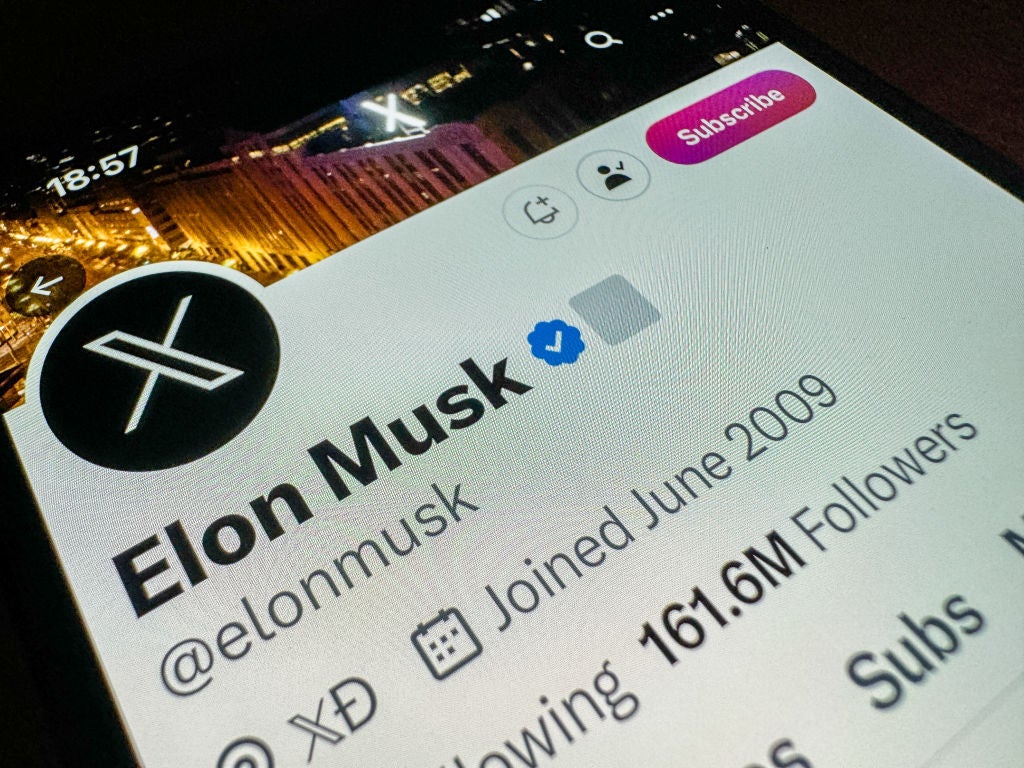Theoretically, Web3 could deliver an ‘internet with a conscience’, but the complexity of blockchain and vapid crypto-oriented marketing will hinder its growth. While Web3 is largely conceptual, many companies are exploring opportunities in it, despite low sentiments around blockchain. And Web3 is just emerging, which means it has a long way to go to match the functionality, reliability, and scalability of Web2.
What is Web3?
Web3 is an ideology that refers to the next iteration of the internet built on blockchain. It promises a mesh of peer-to-peer communication channels and decentralized governance, leading the internet’s transition from an information-centric model to a user-centric model. Web3 aims to give users the ability to create, own, and monetize their content, which will be stored on the blockchain instead of on third-party servers.
Several Web3 start-ups are emerging, primarily funded by venture capital firms. Large companies from sectors like technology (e.g., Google), accounting (e.g., KPMG), and apparel (e.g., Gucci) are also focusing on this new concept. As a result, Web3 versions of Web2 services are emerging. For example, Brave is a Web3 equivalent to Google’s Chrome browser, Metamask is a Web3 version of Paypal, and DTube is the Web3 YouTube.
Sentiment around blockchain remains skeptical
The concept of Web3 is fueling the use of blockchain. However, the adoption of blockchain has lagged behind that of other emerging technologies as it has only proven useful for a few specific use cases, like cryptocurrencies. Blockchain vendors need to address technical and governance issues such as interoperability and security. GlobalData’s Thematic Sentiment Analysis Q4 2021 reveals that almost a third of 2,225 respondents said blockchain would never disrupt their industries. The emergence of non-fungible tokens (NFTs) and the increasing popularity of crypto wallets are yet to move the dial on perceptions of blockchain.
Platforms have yet to match up to their Web2 peers
Buoyed by the crypto and NFT boom during the pandemic, and riding on the metaverse hype, Web3 advocates have started a so-called revolution to transform the web. However, this egalitarian concept is far from achieving the desired results. For instance, in April 2022, Web2 metaverse platforms Roblox and Fortnite boasted over 30 million daily active users (DAUs), while Web3-focused The Sandbox and Decentraland had about 1,000 DAUs each. This reflects users’ ambivalence towards the Web3 platforms, which hinders scalability.
Axie Infinity was making a name in the Web3 space with its in-game economy, but following the $540 million crypto hack in March 2022, users are questioning the platform’s reliability as an income source. Similarly, NFT marketplaces like OpenSea are struggling to fix NFT theft, an issue that hurts the reliability of the blockchain infrastructure. OpenSea has stopped the sale of stolen NFTs, which, in turn, fuelled the question – is the platform truly decentralized?
How well do you really know your competitors?
Access the most comprehensive Company Profiles on the market, powered by GlobalData. Save hours of research. Gain competitive edge.

Thank you!
Your download email will arrive shortly
Not ready to buy yet? Download a free sample
We are confident about the unique quality of our Company Profiles. However, we want you to make the most beneficial decision for your business, so we offer a free sample that you can download by submitting the below form
By GlobalDataWeb3 aims to create tokenized systems where every member has a voice in the platforms’ development. Some Web3 advocates cite the Bitcoin network as a success case for their endeavors. Interestingly, a 2021 Baystreet report revealed that about 0.01% of Bitcoin holders control 27% of all Bitcoin in circulation. This suggests that the most prominent application of blockchain to date also resists the idea of democracy. According to experts, decentralized blockchains, by nature, are not democratic. They cite that blockchains fail to allow equal voting rights—those with more tokens could overpower members with fewer tokens.
Web3 will not replace Web2 but could drive the tech industry’s evolution
Web3 has a long way to go to live up to its hype. It is unlikely to become the norm in the future due to its technological and commercial hurdles but will trigger the evolution of Web2. This means Web2 companies will focus on transparent operations, emphasize data privacy, and allow economic opportunities for users. Ultimately, Web2 and Web3 infrastructures will merge to create Web2.5, which will drive the maturity of the internet and the fragmented tech regulatory landscape.
Meanwhile, Web3 platforms must fix the technological barriers and develop compelling experiences. Copycat experiences of Web2, built on decentralized infrastructure, will not be enough to convince users to embrace the concept.







